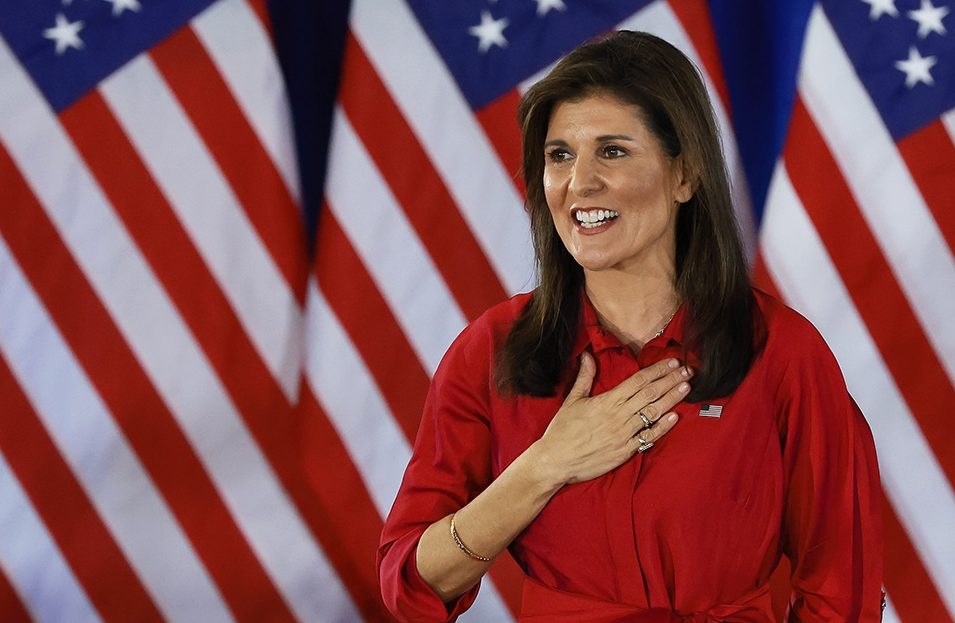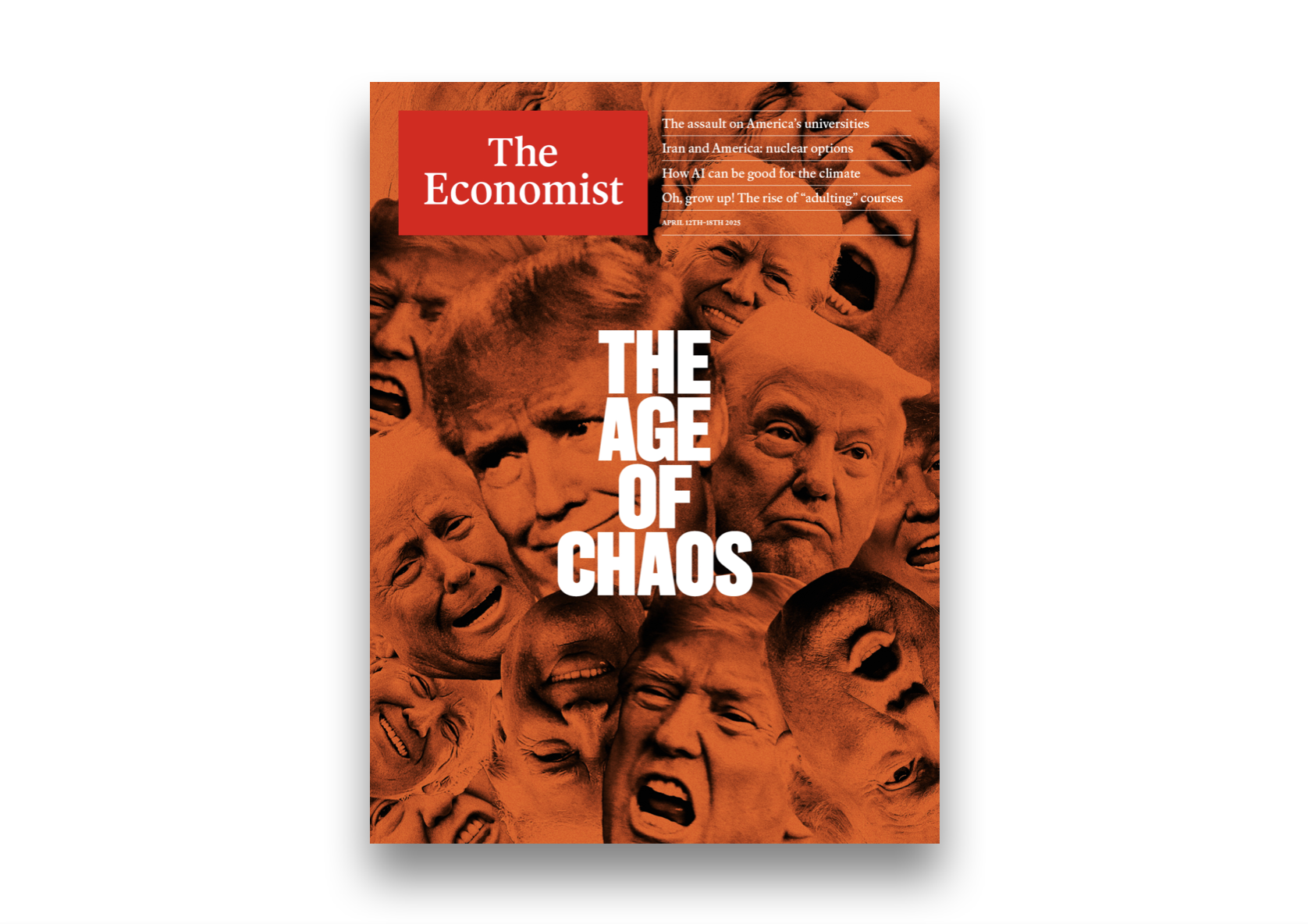In June 2022, I interviewed Nikki Haley on stage for JW3, a Jewish organization in north London. She was personable, clear, well-briefed and pleasingly normal, with the interesting exception of her Sikh background growing up in small-town South Carolina (she later became a Christian by conversion). Her conservatism seemed strongly felt, coherent and not extreme. I also liked her way — now highly unusual in US politics — of addressing foreign policy and setting it in the context of her general political beliefs.
At that time, she was mulling the presidential bid she launched the following year. After Iowa, she remains in the race, but only just. Why would such a presentable and decent person not be preferred to Donald Trump? One factor, which one sees in British prime minister Rishi Sunak too, could be the intense respectability of her middle-class, provincial Indian heritage, rather like that of Apu, the charming and diligent Indian grocer nowadays canceled from The Simpsons. Respectability can be inhibiting. Respectable people are not usually forces of nature and would not want to be. They believe almost devoutly in hard work and its just rewards. They therefore do not grasp the performative or the visceral aspects of politics.
Donald Trump, triumphant in Iowa, is almost everything that Nikki Haley isn’t. Such is the force of his nature that he has persuaded millions he is the man who gets things done. Whenever he doesn’t get things done — his four years of supreme power provide ample evidence of this — he convinces people it is only because the wicked establishment blocks him.
It is a frustrating spectacle: both the hopes Trump raises in his supporters and the fears he inspires in his opponents are largely illusory. He won’t do what he says, but what he says is sufficiently exciting to hide this basic flaw.
This article was originally published in The Spectator’s UK magazine. Subscribe to the World edition here.


























Leave a Reply